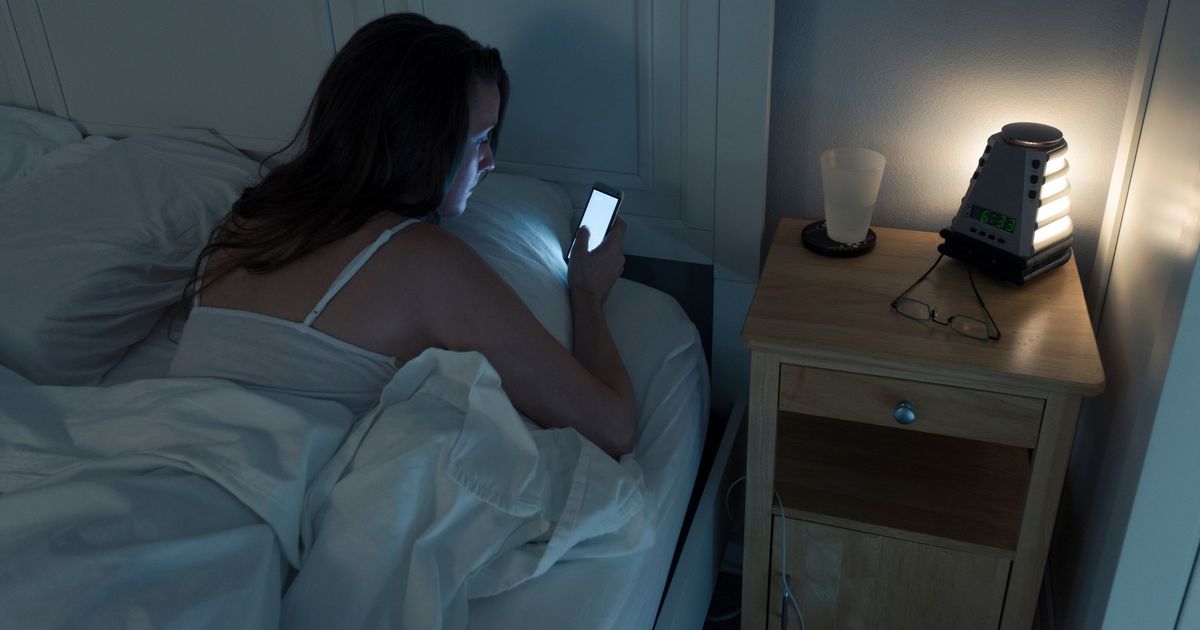Natural Insomnia Remedies That Work
"I can sleep when I'm dead!" For many American they live by this concept and find sleep as unnecessary. With our non-stop culture, people find that cutting down on their needed sleep is one way of getting more hours in a day. When we do finally take time to sleep, we find our minds won't shut down. Insomnia can be caused by a variety of factors, but most people don't want to rely on chemical sleep aids, so try natural insomnia remedies.
Calming Music

Listening to soothing music each night before bed is a great relaxation technique that not only improved the quality of sleep a person has but the quantity of sleep resulting in falling asleep faster and waking up less during the night. Music has a physical effect as well, with lowing your heart rate and slowing your breathing. According to the National Sleep Foundation, listening to calming music at bedtime may take up to 3 weeks to fully take effect.
Decompress Before Bed

Right before bed do not take on tasks that can induce stress and avoid attempting to complete just one more item, such as folding that last load of laundry. If you experience restlessness before bed, then use a small amount of time to tackle a challenge, then reward yourself with time to recover and rest. Some people count breaths as a way to fully decompress, find a comfortable sleeping position and count 8 breaths, find another sleeping position and count 16, continue with this task until you are relaxed enough to fall asleep.
Trick Your Brain

People have heard of the old sleep trick of counting sheep in order to fall asleep, however some people find that they can reach a high number without falling asleep. This is because the simple task of counting up from 1 is too simple and allows your brain space to worry about things in the background. Trying more complicated tasks like counting down from 100 in 3s (97, 94, 91, etc.), this will allow your brain to stop worrying about events of the day.
Magnesium

Research has shown that magnesium plays a key role in the brain and a lack of mineral can prevent the brain from slowing down when it is time to sleep. Most people get magnesium from the variety of foods that they eat, such as almonds, leafy greens, and a variety of seeds. While other people may need to take a supplement in order to find the right balance for their personal needs. For those who are in need of a supplement, it is important to consult a doctor for the correct dose because magnesium has the potential of interacting with other medications.
Establish a Sleep Routine

Whether you choose to have a nice cup of herbal tea before bed or find ways to power down the house, establishing a routine before bed can help you fall asleep. Once a routine is established, your brain will recognize these are the tasks you normally complete before bed and it will start sending sleep inducing hormones throughout your body before your head hits the pillow.
Suffering from insomnia can be a serious condition over time, so if you suspect your insomnia is drastically affecting your life then seek out advice of a qualified professional.